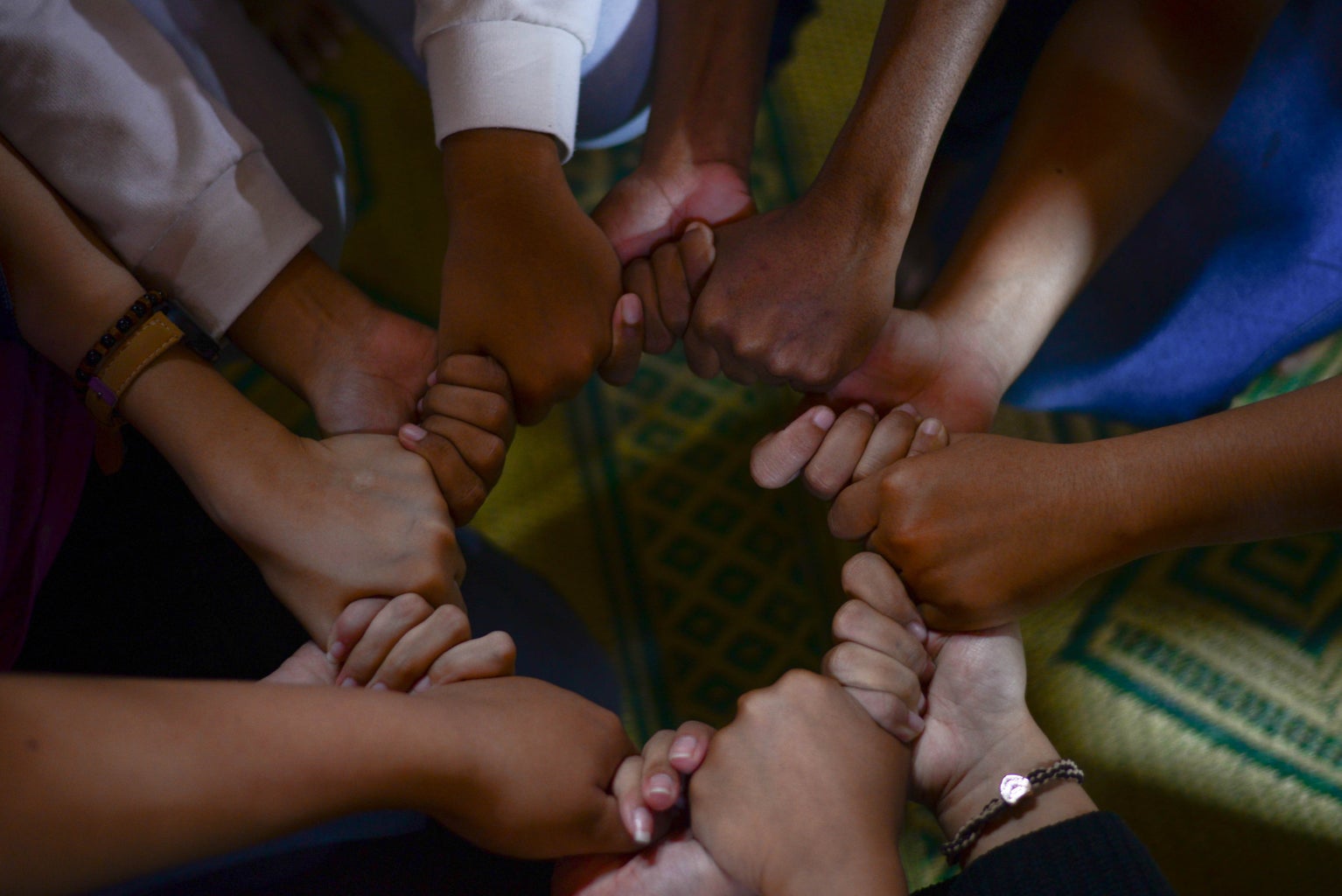Do we ever really consider why we think the way we do? To be honest, most of us don’t. Most of us simply go along with how we’ve been raised and accept that the world is the way that we’ve always been taught. After all, why wouldn’t we? Most of us are concerned about our responsibilities: our jobs, our schoolwork and anything else we need to do to take care of ourselves. We cannot really be concerned with the deeper, more philosophical questions of life, that is for those who have much more time on their hands.
But recently, most people, including many of the college students around me, are beginning to acknowledge that race is more of a social construct than a biological thing. To be honest, pretty much everything is a social construct because everything in this world that we involve ourselves in depends on how we perceive it. But race proves to be a startling example.
I am a biology student, and I know that in science, we try to be as precise about everything as we possibly can. We try to define things as objectively as possible. When it comes to the biological definition of race, it means a subspecies that differs from other subspecies in concrete, genetic ways.
But humans cannot be divided up in that way.
The variation among the entire human race cannot all fit into separate, neat categories. A number of different people have a number of different mutations, and they can never be deduced from our skin color, for example. Some of these mutations are being lactose-tolerant, being able to taste certain chemicals, having certain kinds of fingerprints, having a certain number of taste buds, etc. It varies across the entire world, no one group of people has a specific set of genes that defines them. And as for skin color, which is really the defining part of the race in our culture? If you think about it for just a tad longer than a second, that is extremely murky, and it is simply based on the climatic variation. It is geographically isolated. People in Europe, Russia and some Asian countries have white skin. There are Latinos, Africans and Indian people with very dark skin, and there are Latinos, Africans, and Asians with more tan skin. It varies within a “race” or ethnicity as well. Indian people vary from lighter skin to darker skin in the same small country. It is actually incredibly hard to define someone as just “white,” “black,” “Asian,” etc. It is far too simplistic. If you go by what country one person is from, what are countries? Inventions of humans.
Human perception has created these boundaries between people. This is partly because humans have evolved to be in groups, and one thing that brings about group unity is the ostracization and dislike of other groups. After all, sports teams unite by cheering on their own team, and hoping the other team loses, right? What’s more, if another way of living, another culture, is vastly different from your own, it may instill fear and dislike. When you have the power to dominate another group of people and expand your own, you would, because you are fighting for your own people, the ones you have established bonds with, the ones you understand, the ones you think live the better life. After all, we evolved in a world where only smaller groups were possible, and for survival, you had to fight for your own little band.
Race is a very real social construct we’ve made for ourselves. We have to respect other people’s races and cultures and acknowledge them. Some people ask, “Why can’t we just be people? Why do we even need to focus on our differences?” The reason is that different groups of people experience different things that are unique, and to disregard that is to disregard them. That is why people shouldn’t stop talking about race. But it should be safe, respectful, and a learning experience. After all, many black people go through the same sorts of things, many Asian people go through the same sorts of things, many Jewish people do, the list goes on and on.
But what we do need to understand is that race is not a biological thing that divides us from one another. The color of our skin was an adaptation to the amount of sun we got in the place that our ancestors originated from. It is an important lesson in questioning the things we always took for granted, and it doesn’t start with just race, there are also gender roles too. Gender roles are different throughout the world, and so is the perception of race, as well. Race is different depending on where in the world you live, and there are many cultures that were always more gender diverse than the Western world. As humans, we try to divide things up into neat little categories, but life is never that simple. Pretty much everything is a spectrum, not categories. So, as much as you can, keep questioning the world views that you take for granted, and never forget, there are many others besides yours as well that are just as valid.




